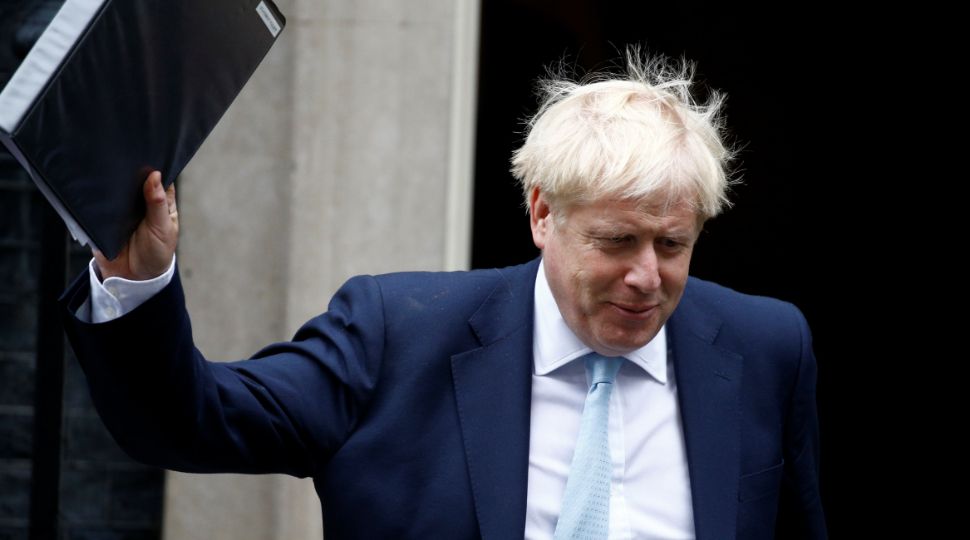Boris Johnson's "Last Chance" Proposal for Resolving the Brexit Deadlock

What is the latest UK proposal?
Johnson proposes to maintain the November 2018 withdrawal agreement, including provisions on the financial settlement, EU citizens’ rights, the role of the CJEU, and a transition period until the end of 2020. However, the proposal revises the “backstop”. According to the new plan, the entire UK would leave the EU customs union, but the devolved authorities of Northern Ireland (NI) could opt it to remain in the single market for goods. The decision would need to be taken six months before the expiry of the transition period, and then again every four years. This solution would require customs checks on both sides of the EU-NI border. It was proposed that they be located away from the border (e.g., on importers’ premises) and with IT solutions and instruments replacing normal border infrastructure wherever possible (hence, “two borders for four years”).
What are the UK’s concessions?
The most important UK concession is the consent to sanction separate legal status for Northern Ireland in EU treaty law. Currently, the province has such status under the bilateral Irish-British Good Friday Agreement (GFA). In addition, the UK would accept a significant extension of border controls related to the single market between two parts of its territory. By accepting the special status of Northern Ireland, the Conservative Party and other unionist parties would agree to the negative impact—from their point of view—of this solution on the political debate in Scotland and the strengthening of pressure for an independence referendum. From Johnson’s personal perspective, an important concession is the readiness of conditional acceptance of the backstop despite his key Tory leadership commitments from June-July.
What concessions would this proposal require from the EU?
The most important EU concession would be that it accept the reintroduction of border checks on the island of Ireland. Since the signing of the EU-UK joint report in December 2017, the EU has defended the principle that Brexit cannot lead to the reconstruction of the island’s land-border infrastructure in any form. The UK proposal, therefore, necessitates a revision of this approach, though not of the GFA itself, which requires only an “open border” and not an “invisible” one. The key concession is that the EU would have to accept the time-limited solution as opposed to an indefinite backstop. The EU also would have to accept that the decision-making powers regarding the single market lie with the province’s autonomous authorities, although that is justified in light of the GFA.
What are the reactions to the proposal?
Initial reactions indicate the EU negotiating team, the European Parliament, and the Irish government are sceptical of the new proposal. In Ireland, opposition parties to Leo Varadkar’s Fine Gael government recently renewed their support of his consistent defence of the principle of not recreating border infrastructure on the island. In the UK, the DUP’s support of Johnson’s proposal will significantly strengthen his position vis-à-vis Tory MPs but does not fully eliminate the doubts of supporters of a clean, or “no-deal”, Brexit (“the Brexit Spartans”). Opposition parties seemed to have rejected the offer and announced further blocking of a “no-deal” Brexit.
What is the most likely scenario?
Support from the DUP increases the likelihood that the House of Commons will accept the withdrawal agreement by the votes of the Tory, Democratic Unionist, and some Labour Party MPs, but it does not eliminate the risk of the UK failing to ratify the agreement. Before ratification can happen, however, the adoption of the UK’s proposal by the European Council during the 17-18 October summit is necessary. In the likely event that the EU rejects Johnson’s proposal, he most probably will continue to pursue the UK’s exit from the EU on 31 October by any means, exposing himself to legal conflict over the Letwin-Benn Act prohibiting a “no-deal” Brexit without parliament’s consent. Attempt to implement a “no-deal” scenario may result in the formation of a government of national unity and snap elections.





